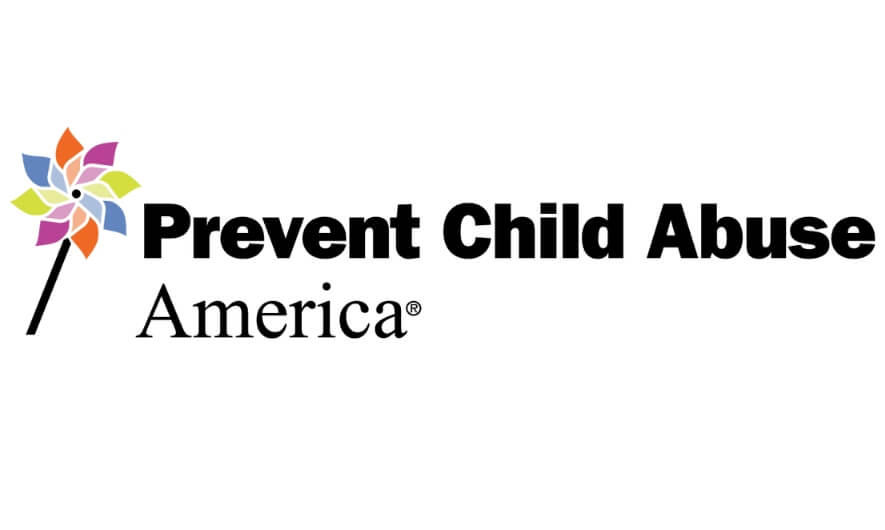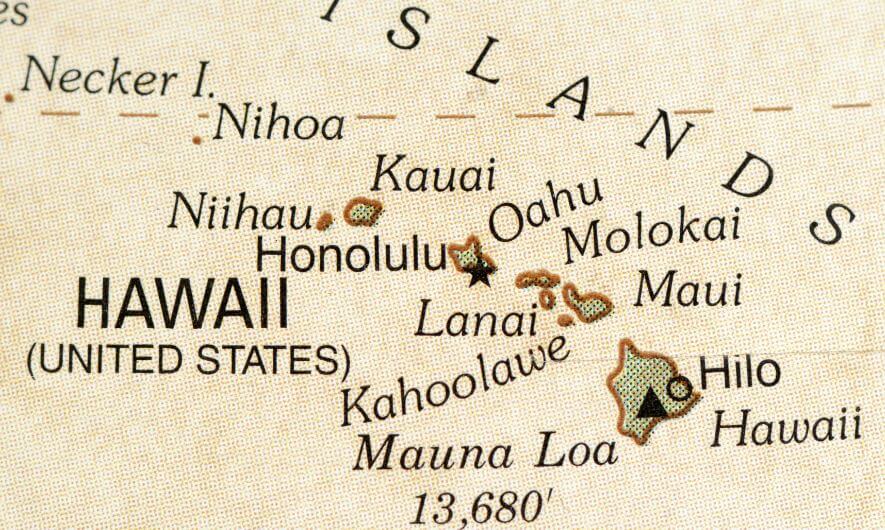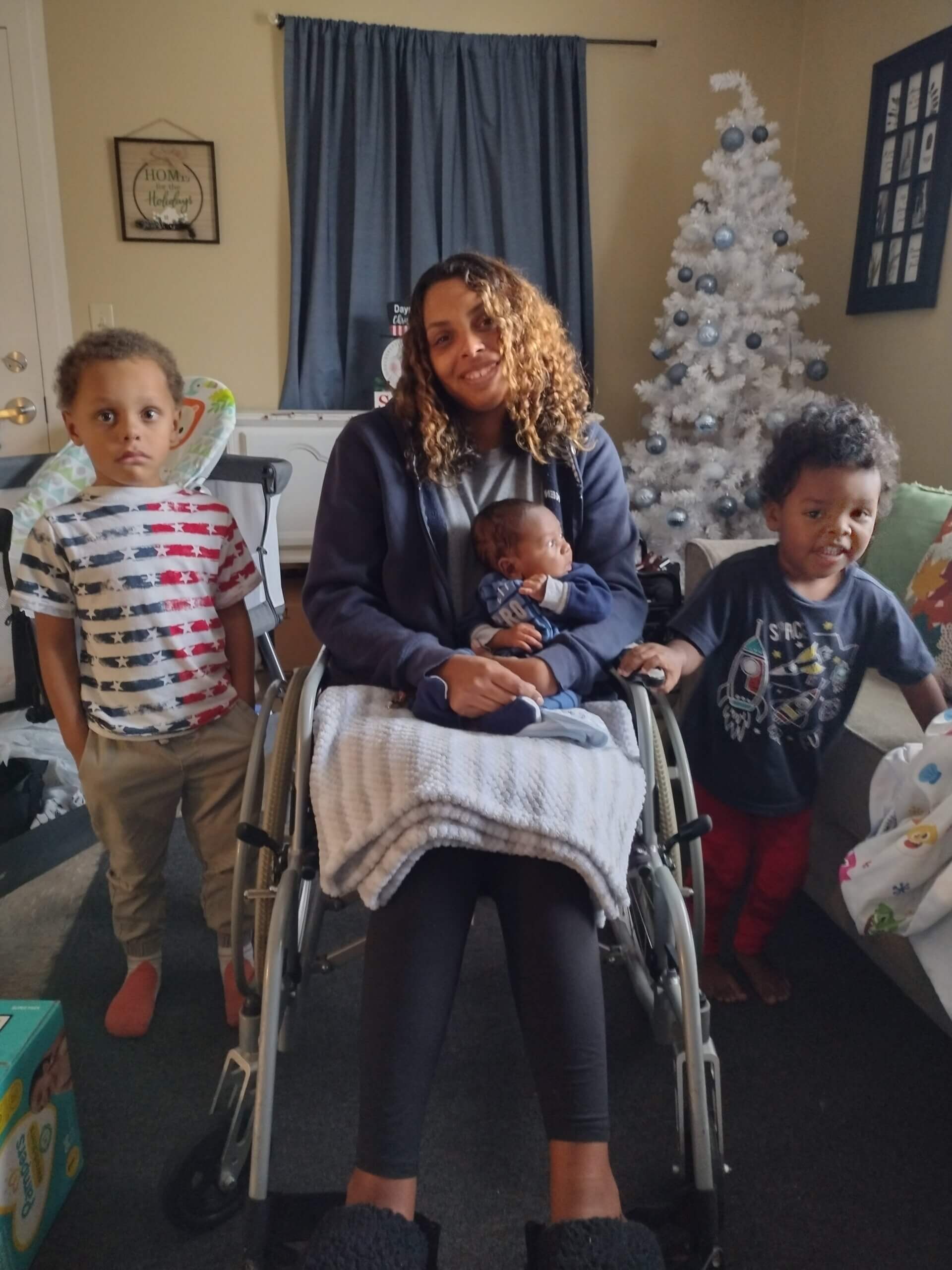History
The history of our HFA family
Intro
PCA America launched HFA in 1992 with a vision to make evidence-based home visiting something every community, whether big or small, could access, knowing families and communities are experiencing many different strengths and challenges.
This kind of home visiting model would need to be...
Flexible
Adapting to the needs of various communities
Research-based
Always staying attuned to what we know works best with families
Strengths-based
Building on the skills parents already possess
Relational health focused
Relationships are at the center of everything we do
Kate Rosenblum
PhD, ABPP, IMH-E
We know that relationships are the protective buffer that immunizes young kids from the adversities in their environment and helps protect them – not only in the present, but as they grow and develop, and optimizes their developmental success.
HFA is part of the PCA America family
Healthy Families America (HFA) owes its existence and ongoing success to our parent organization, Prevent Child Abuse (PCA) America. Founded two decades before HFA, PCA America had a strong history of uniting grassroots leaders to prevent child abuse and strengthen families. In 1992, PCA America launched HFA, believing in the power of a relational health home visiting model to advance this mission. Since then, PCA America has been a steadfast advocate for home visiting, with their research, policy, and strategic efforts continually informing and enhancing our work to support thriving families.

Continued Growth
As we’ve continued to develop the model over time, we have remained committed to those same central tenets: relational health, flexibility, research-based, strength-based.
What is relational health?
HFA embodies the four cornerstones of healthy relationships (safety, comfort, predictability, joy). Once parents experience these in a genuine way and in the context of a relationship with another, they are able to provide the same experience for their children.
How is HFA flexible?
HFA puts communities in the driver’s seat. Local HFA programs are able to choose their eligibility criteria, parenting materials, and hire the staff they deem best to do the job. With the amount of flexibility offered, HFA has been able to be successfully implemented in a wide variety of communities.
What does the research say about HFA?
The evidence is clear: HFA works! The evidence shows HFA families:
- Build nurturing relationships with their children
- Champion their children’s health and development
- Cultivate a flourishing future for their family
What does it mean to be strength-based?
While we [HFA] might come with expertise in parent-child relationships, parents and families are the ones who are the expert(s) on their families. Parents and children are together constantly, families see every little change in their child.
So we’ll build off of that expertise – the things parents notice and are curious about!
Our future
That’s a little bit about our history… but the future? The future is incredibly bright with families like this leading the way.



